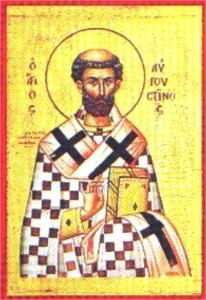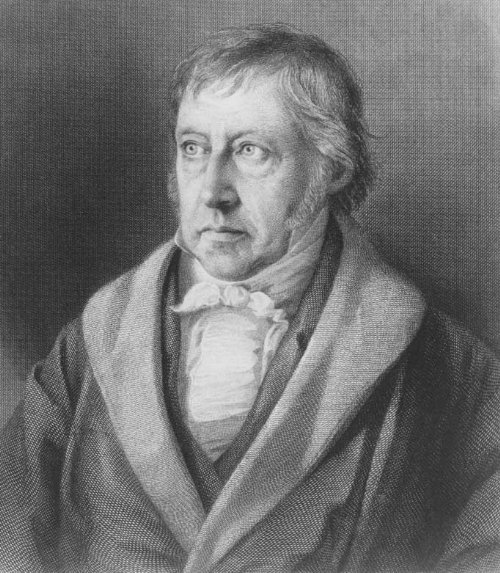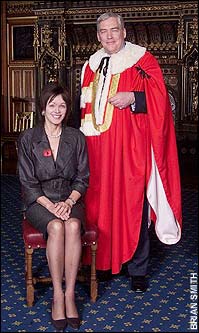httpv://www.youtube.com/watch?v=fxM0C7zjoAc
Faulkner’s Nobel Prize speech. (Transcript here.)
Today is William Faulkner‘s birthday (1897-1962).
Frye in “Tradition and Change in the Theory of Criticism”:
[B]ecause literature is born of a specific culture and a specific locale, most great literature is intensely localized. I know of no great literature written about an empire, with the very dubious exception of Virgil’s Aeneid. William Faulkner, for example, is a great writer today not because he is a citizen of a great power or speaks one of the world’s major languages (although those factors are undoubtedly important for his reputation), but because he deals with a provincial and decaying civilization in Mississippi which most even of his fellow Americans know very little about. The writer has two centres of gravity: one in his own time and audience; the other in our time and in us. It is a mysterious but primary fact of literature that a poet remote from us in space and time and culture can still communicate his central vision to us, though we may admire him for reasons quite unintelligible to him or his age. Literature survives only by virtue of what is communicable across these barriers of culture. (CW 10, 250)


